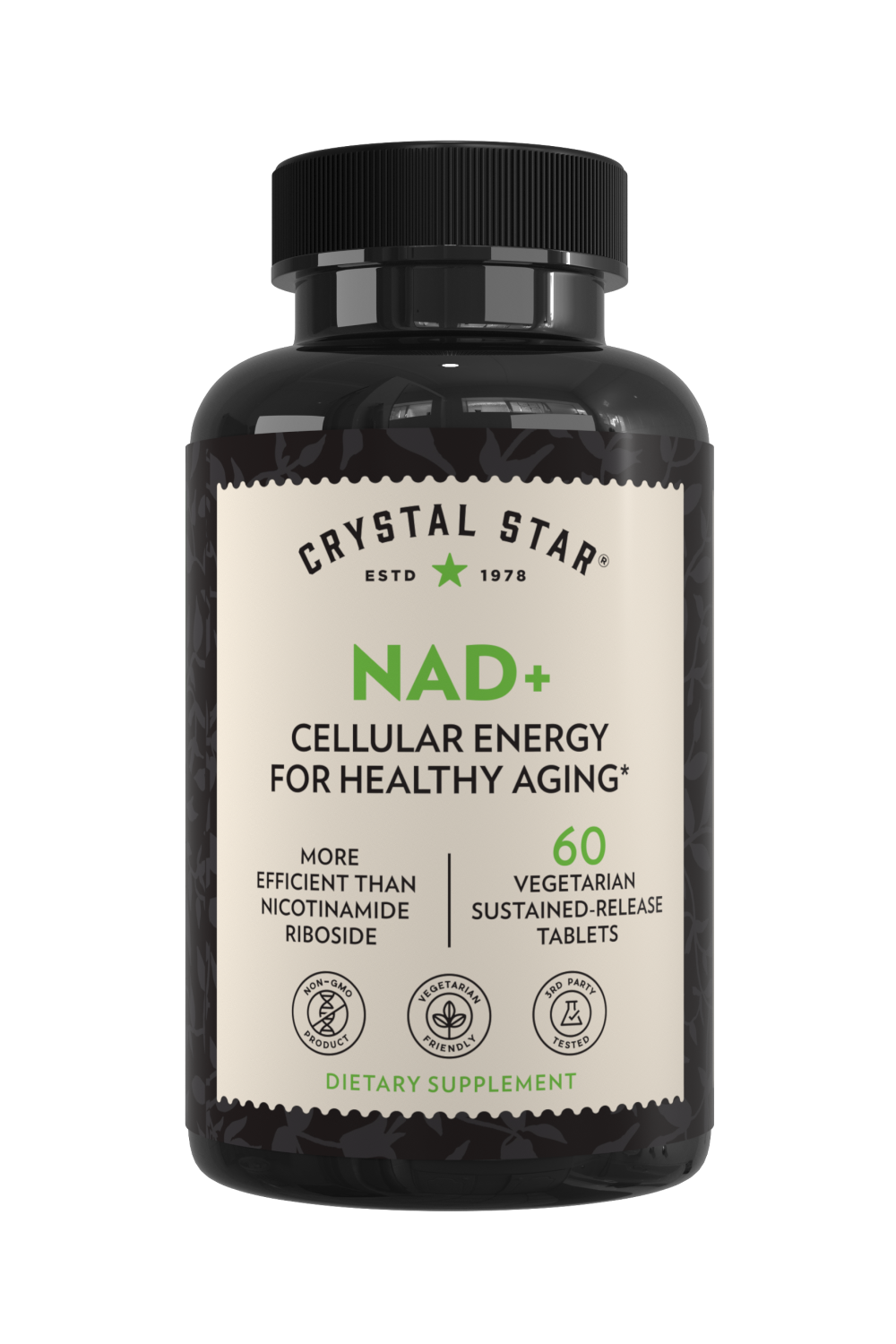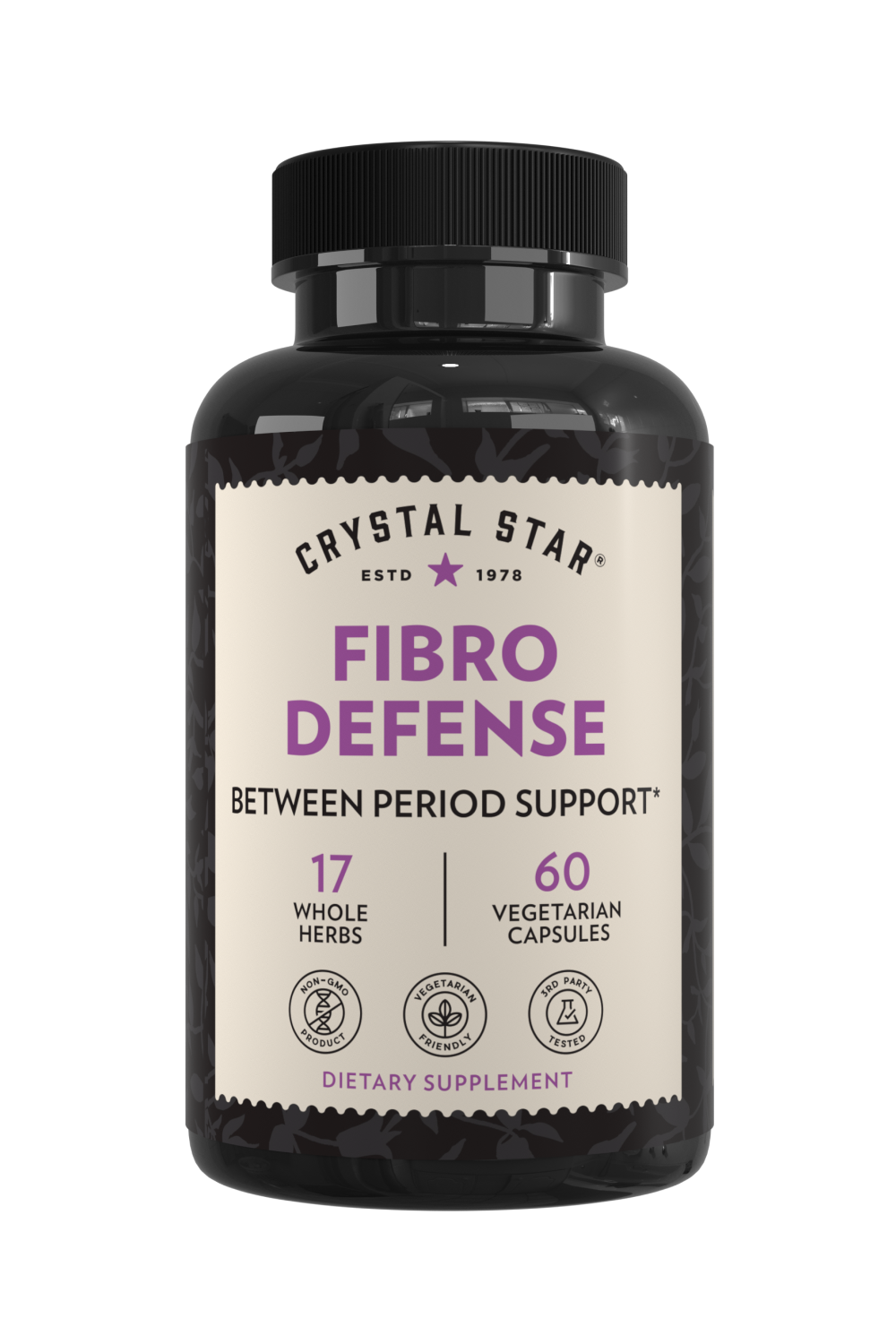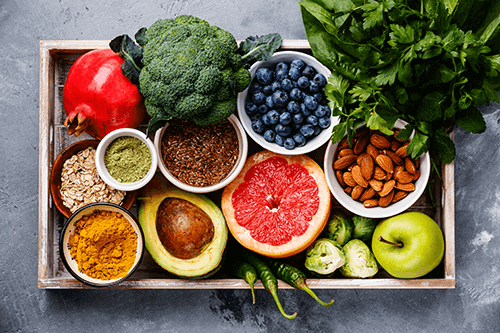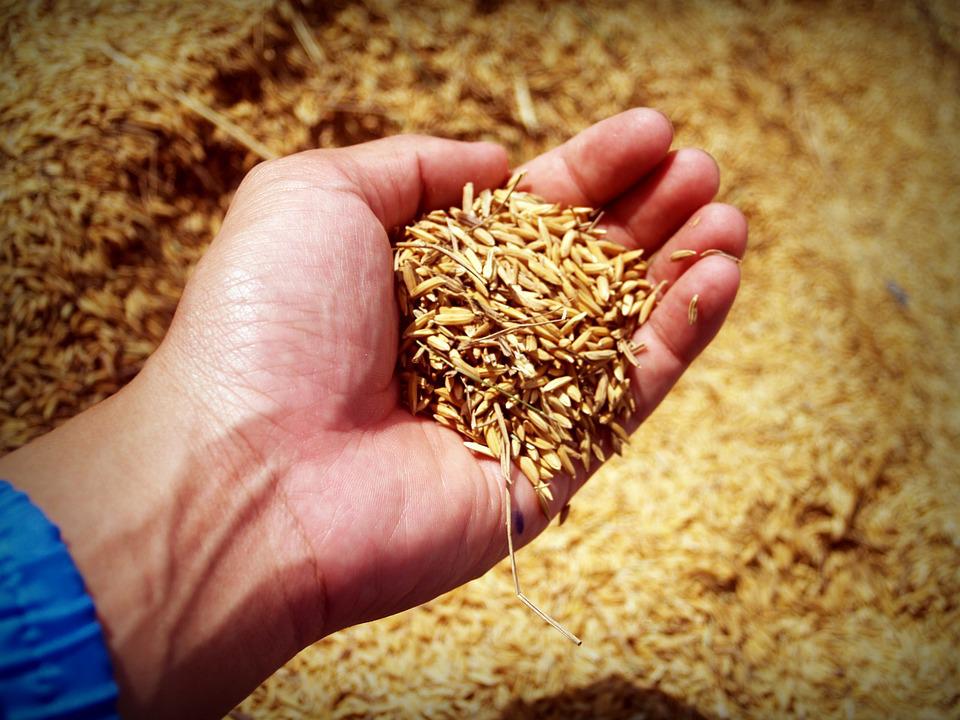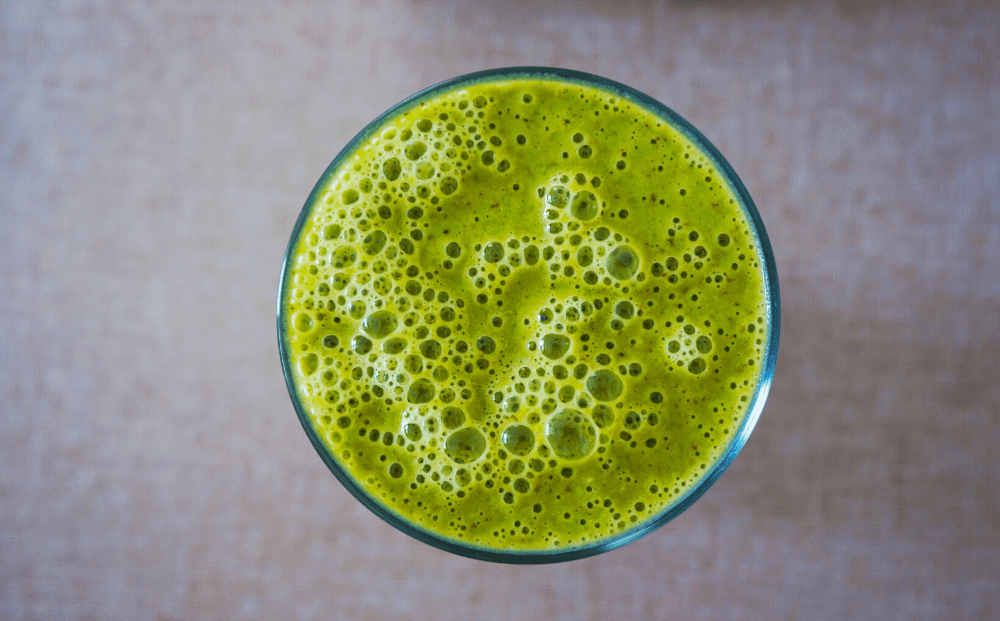
Easing Mild To Moderate Depression
Thanks for stopping in. This information on uterine fibroids and endometriosis is actually over 5 years old, so we wrote a fresh post using the latest research.
Check out these more recent posts:
- Can drinking tea help PTSD symptoms?
- CBD, the miracle cure: should you believe the hype?
- Get friendly with GABA, the brain molecule that beats anxiety
How To Ease Mild To Moderate Depression
Today, the World Health Organization recognizes depression as one of the top four disabling diseases in the world! Clinical depression is much more than a case of the blues. Depression is both a mental and emotional state, a feeling of being in a box that you can’t escape. It’s closely tied to illness; over 80% of terminal cancer patients have a history of chronic depression.
Mood disorders affect 30 million Americans (women more than men) and we spend over $20 billion on treatment. Americans take more antidepressants than any other generation in history! But are we really any happier? Prescription drugs for depression produce a myriad of side effects from low libido and fatigue to agitation and weight gain. Even more frightening, new research shows some SSRI anti-depressants like Paxil tamper with delicate brain chemistry and may even increase suicide risk in young adults (18-30).
Non-toxic avenues of healing can help relieve some types of depression and should be actively explored first. However, if you’re already taking antidepressants and would like to try a more natural approach, consult with your doctor first. Going off antidepressant drugs “cold turkey” can cause withdrawal symptoms that may need to be monitored professionally.
Are you depressed?
If you answer yes to three or more of the following questions, then you may be suffering from mild to moderate depression.
- Do you sleep excessively, and feel lethargic, sad, or pessimistic when you’re awake?
- Have you lost your appetite with marked weight loss, or do you eat a lot with new weight gain?
- Have you lost interest or pleasure in regular activities that you used to like?
- Has your sex drive decreased? Has your energy been exceptionally low?
- Do you have symptoms like mood swings, energy slumps, and irritability?
- Do you drink more alcohol than you used to? Do you often feel self-reproach or guilt?
Note: If depression is long lasting, severe or is accompanied with suicidal thoughts, seek professional help right away. Major depression can be serious.
4 Tips For Depression Relief
- Get plenty of healthy protein (about 15% of total calorie intake) to minimize depression. Include protein from seafoods, sea plants, rice, sprouts, soy foods, nuts, seeds, organic turkey and chicken, eggs and low fat cheeses to control depression-related tissue destruction. Amino acids in protein foods help build healthy neurotransmitters for coping with depression. Add foods rich in the amino acid L-tryptophan (soy, cheeses and turkey) to help build serotonin, essential for overcoming depression and insomnia. Add green superfoods daily for “extra strength” nutrition. A few superfoods to choose from are chlorella, spirulina, barley grass, or wheat grass.
- Have an adrenal tonic 2 to 3x a week to prevent stress reactions that precipitate major depression: a glass of carrot juice with a pinch of sage and 1 tsp. Bragg’s Liquid Aminos .
- Add Omega-3 rich foods to your diet from cold water fish or flax seed. At least four studies show Omega 3 fatty acids can benefit the symptoms of depression. Omega-3 fatty acids are essential to brain health, helping the brain neurotransmitters norepinephrine and serotonin perform their mood stabilizing functions. I’m a big believer in eating from the sea for mild to moderate depression. Omega 3-rich salmon or tuna sushi rolls are especially beneficial.
- Exercise anxiety and depression away. Exercise is natural antidepressant that stimulates the secretion of “feel good” chemical endorphins. Also, get some daily sunlight on the body for vitamin D, a natural serotonin boost.
To Life-long health,
Sarah Abernathy

